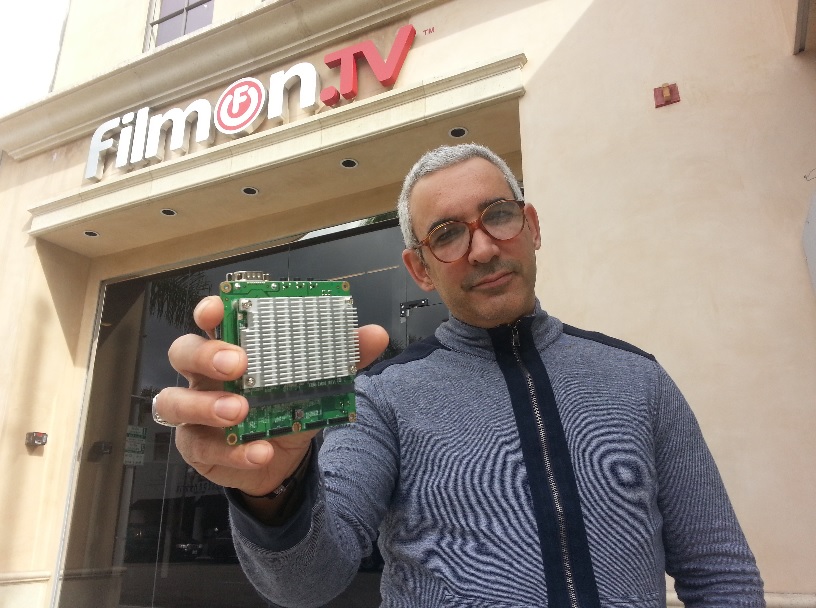The Supreme Court ruled on ABC and Broadcasters v. Aereo June 25. The ruling ended the use of remote antennas to stream broadcast signals, at the very least, as a business plan for businesses who didn’t want to pay royalties. However, FilmOn Networks, a company that was always willing to pay royalties, can, through Section 111 of the Copyright Act, continue to broadcast local television from 18 markets to their nationwide subscribers using its Teleporter technology.
The result of the Supreme Court hearings is that FilmOn should be regulated like any other cable company. FilmOn CEO Alki David predicted this outcome during his 2012 and 2013 appearances on Bloomberg News, stating that he has always been willing to pay license fees to local TV broadcasters.
After the result of the hearings, which has designated Aereo and FilmOn as cable companies, FilmOn has filed with the United States Copyright Office for Compulsory License under Section 111 of the Copyright Act of 1976. FilmOn originally filed for the same license in 2011, but no decision was made on the request.
Justice Breyer remarked that FilmOn meets the criteria of a cable company because it functions like a cable company. “This was always about dragging the television business kicking and screaming into the 21st century,” said David. “FilmOn’s efforts were never about violating copyright as the Networks sought to portray it. The goal was always to deliver the experience consumers want andn deserve, without exorbitant fees and the tyranny of bundling.”
Before the ruling, FilmOn had to face legal attacks from broadcasters like CBS Networks, which argued that FilmOn wasn’t a cable company. However, the networks that were against FilmOn flipped their idea of FilmOn and argued that it was, in fact, a cable company.
You can read more about this news at Digital Journal.

